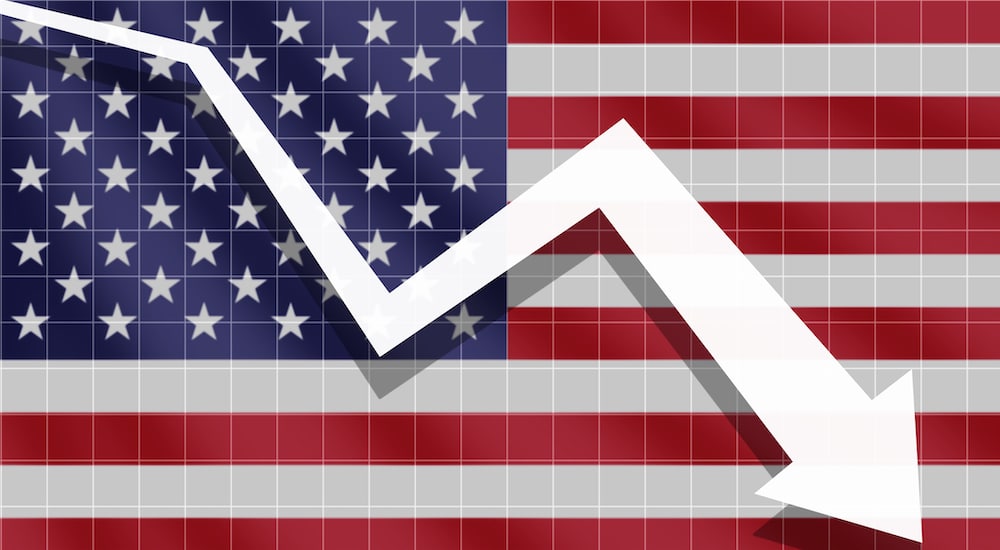US Over-the-counter hearing aids one complex step closer following FDA rule proposal
over-the-counter
A globally impacting "rule" to establish a new category of over-the-counter (OTC) hearing aid sales has finally been proposed by the US Food and Drug Administration (FDA). A race to hit the FDA with comments by January 18, 2022, in which the hearing industry can be expected to participate vigorously, has now begun.

In publishing its proposal on October 19, the FDA has underlined its commitment to the "safety and effectiveness" of hearing devices, while also aiming to comply with President Joe Biden's July Executive Order on Promoting Competition in the American Economy, a follow-up to the Trump administration's signing of legislation to include the over-the-counter hearing aid act , which basically aims to make hearing aids cheaper for the public. Although the move is for the US, it can have implications worldwide.
In broad terms, the rule proposal has the following objectives:
- define OTC hearing aids and establish applicable requirements;
- repeal the conditions for sale applicable to hearing aids;
- amend the existing labeling requirements for hearing aids;
- update regulations relating to decisions on applications for exemption from Federal preemption that would become obsolete as a result of changes to the hearing aid requirements.
But the rule proposal itself is a sufficiently complex and detailed document whose analysis and exposition lays bare the essential questions around the meaning of medical evaluation requirement for adults for hearing aids.
The ramifications of these crucial questions are reflected in the FDA's concern that labelling, statements, and directions for use for OTC hearing devices protect users who may not be aware that the degree of their hearing loss may require medical evaluation. Devices sold in the OTC category would have to come with a statement advising users and prospective users to seek medical care if they exhibit any one of a number of conditions.
Patient safety
"To ensure patient safety, the proposed rule also addresses a maximum output (volume) limit for OTC hearing aids that would prevent injuries from overamplification of sound," states the FDA. "In addition, the proposed rule includes certain device performance and design requirements, such as distortion control limits, self-generated noise limits, latency limits (how quickly an OTC hearing aid processes, amplifies and relays a sound), the range of frequencies that the device can reproduce and how uniformly the OTC hearing aid amplifies different frequencies over its bandwidth, as well as a requirement to limit the insertion depth of the device."
“Hearing loss has a profound impact on daily communication, social interaction and the overall health and quality of life for millions of Americans,” said Acting FDA Commissioner Janet Woodcock, M.D. “The FDA’s proposed rule represents a significant step toward helping ensure that adults with mild to moderate hearing loss have improved access to more affordable and innovative product options. The new regulatory category will provide the public with greater control over their hearing aid purchasing decisions at stores nationwide or online without the need for a professional hearing exam, fitting adjustment or a prescription.”
The proposal by the FDA finally propels into some kind of forward motion an issue stalled by the pandemic and tarried by administrative complications, and so much so that even interested observers looked on in muted astonishment. How could something so important take so long? Now, it is hoped that the January 2022 deadline for comments responding to the rule proposal will bring a final rule for late 2022 or early 2023?
Source:FDA


